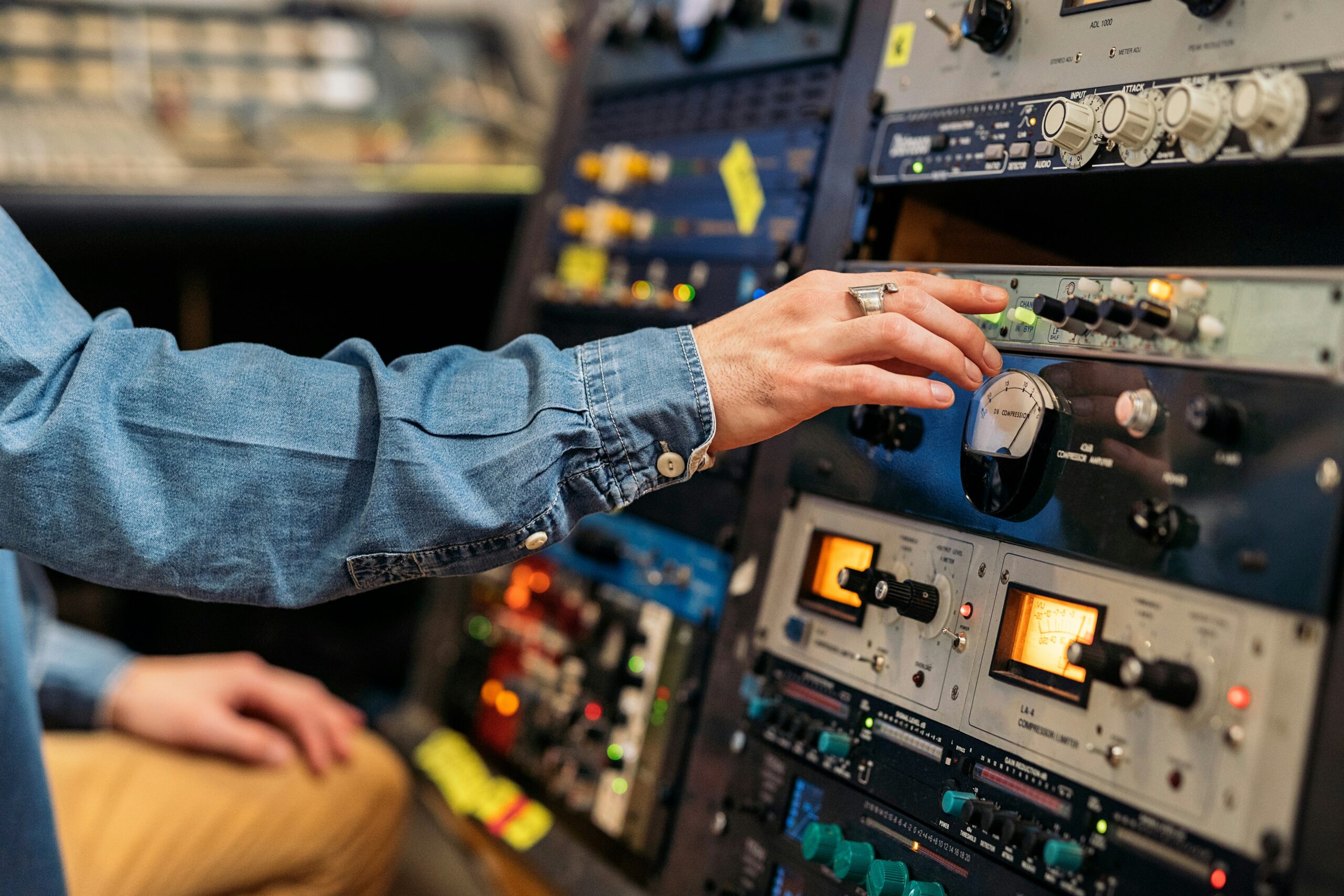
Why Control Systems Matter in Everyday Life
Control systems may sound like a highly technical niche, but their impact is everywhere. From the smooth ride of your car’s cruise control to the stability of an aircraft, control systems ensure machines behave exactly as intended. They quietly keep processes safe, efficient, and reliable—often without us realizing it. Excellence in this field isn’t just about equations or simulations but real-world reliability and trust.
Bridging Theory and Real-World Challenges
Every engineer begins with theory, learning about feedback loops, stability, and dynamic response. But once you step into a factory floor, a power plant, or even a startup lab, theory often collides with reality. Pumps vibrate, sensors drift, and unpredictable disturbances creep in. Achieving excellence means adapting those elegant equations to the messy, unpredictable world. The best control systems engineers don’t just solve textbook problems; they build solutions that keep working under pressure.
The Human Touch in a Technical World
Engineering is often seen as purely mechanical or mathematical, but the human side is just as important. A great control system doesn’t only satisfy equations—it supports the people relying on it. Imagine a medical ventilator: its control system must balance accuracy with patient comfort. Or consider the operators in a chemical plant—they need intuitive interfaces, alarms that make sense, and systems that respond predictably under stress. Excellence means designing with empathy and ensuring technology serves people, not the other way around.
Learning from Everyday Examples
Think of your home thermostat. It keeps the room temperature steady, but you’ll shiver before the heat kicks in if it reacts too slowly. If it responds too quickly, the system cycles intermittently, wasting energy. That balance between responsiveness and stability is the heart of control systems engineering. The same principle applies to massive projects—like regulating voltage in power grids or managing robotic arms in manufacturing. By observing simple, everyday examples, engineers can refine systems that later shape industries.
The Role of Collaboration in Success
Excellence doesn’t happen in isolation. A control systems engineer often works alongside mechanical designers, electrical engineers, software developers, and operators. Miscommunication can lead to costly errors—like a perfectly tuned system that fails because a sensor was placed incorrectly. Collaboration ensures that every piece of the puzzle fits. Some of the most successful engineering projects are those where cross-disciplinary teams shared knowledge openly, troubleshooting together until the system performed flawlessly.
Balancing Innovation with Reliability
There’s always a temptation to chase the newest tools—advanced algorithms, AI-driven controllers, or high-speed processors. While innovation is exciting, excellence means balancing new ideas with proven reliability. For example, an aerospace engineer may explore adaptive control methods, but they also rely on decades-old techniques that have been tested under extreme conditions. The real skill lies in knowing when to push boundaries and when to lean on what already works. This balance is what keeps bridges standing, planes flying, and industries running.
Continuous Improvement as a Mindset
Control systems are never “done.” Over time, conditions change—equipment ages, demands increase, and technology evolves. Excellence isn’t a one-time achievement; it’s a continuous process. Engineers revisit systems, tweak parameters, upgrade components, and integrate smarter sensors. The mindset of continuous improvement is what separates good systems from excellent ones. Just as athletes constantly train to refine their performance, engineers must keep learning and adapting to keep systems at their best.
Building a Future with Smarter Systems
Looking ahead, the field is entering an exciting era. Smart grids adjust to renewable energy fluctuations, autonomous vehicles rely on precise control for safety, and factories optimize production with real-time feedback. But with this progress comes responsibility. Engineers must design systems that are not only technically brilliant but also ethical, sustainable, and safe for society. The future of control systems isn’t just about smarter machines—it’s about smarter choices.